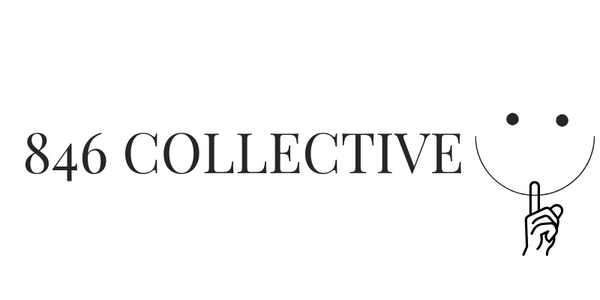
Are You Applying for a Cannabis License in Minnesota?
Share
Navigating the application process for a cannabis license can be daunting. With numerous requirements to meet and documents to prepare, it’s important to approach the process with a clear plan. That’s where 846 Collective comes in—we’re here to help you get ready to submit a complete and compliant application.
Here’s what Minnesota law requires for any cannabis license application or renewal. At a minimum, your application is going to include:
-
Personal Information: The name, address, and date of birth of the applicant.
-
Ownership Disclosure: Details about who owns and controls the business.
-
Bankruptcy History: Disclosure of any past bankruptcies for the applicant or, if the applicant is a business, any officer, director, manager, or general partner.
-
Business Address: The address and legal property description of the business, if applicable (note: a physical premises is not required at the time of application).
-
Operational Location Description: General details about the planned business location(s), including estimated square footage for cultivation, wholesaling, and retailing, if applicable.
-
Security Plan: A copy of your security plan, including monitoring and equipment details (note still, a physical premises is not required at this stage).
-
Trade Name Registration: Proof of trade name registration.
-
Business Plan: A comprehensive plan that outlines the expected size and growth of the business, record-keeping methods, relevant experience, environmental initiatives, and financial/operational components.
-
Standard Operating Procedures (SOPs): SOPs for:
-
Quality assurance
-
Inventory control, storage, and diversion prevention
-
Accounting and tax compliance
-
-
Labor Peace Agreement: An attestation from a bona fide labor organization confirming a labor peace agreement is in place.
-
Employee Training and Education: A description of training programs for employees.
-
Violation Disclosure: Details of any license agreement violations or relevant legal/regulatory infractions by the applicant or any party of interest.
-
Certification of Compliance: A certification that the applicant will comply with applicable laws.
-
Designated Agents: Identification of one or more controlling persons or managerial employees responsible for interacting with the Office of Cannabis Management.
-
Supplemental Information Agreement: A statement agreeing to respond to supplemental requests for information from the Office of Cannabis Management.
-
Background Check Release: Signed releases for background checks for the applicant and all true parties of interest in the business.
Preparing these materials can be a challenge, but you don’t have to go it alone. At 846 Collective, we specialize in guiding applicants through the cannabis licensing process, ensuring you have the tools and knowledge to meet all state requirements. From crafting detailed business plans to developing robust security and operational protocols, we’ve got you covered.
Don’t let the complexity of the application process stand in your way. Contact 846 Collective today and let’s get your cannabis business off to a compliant and successful start!
